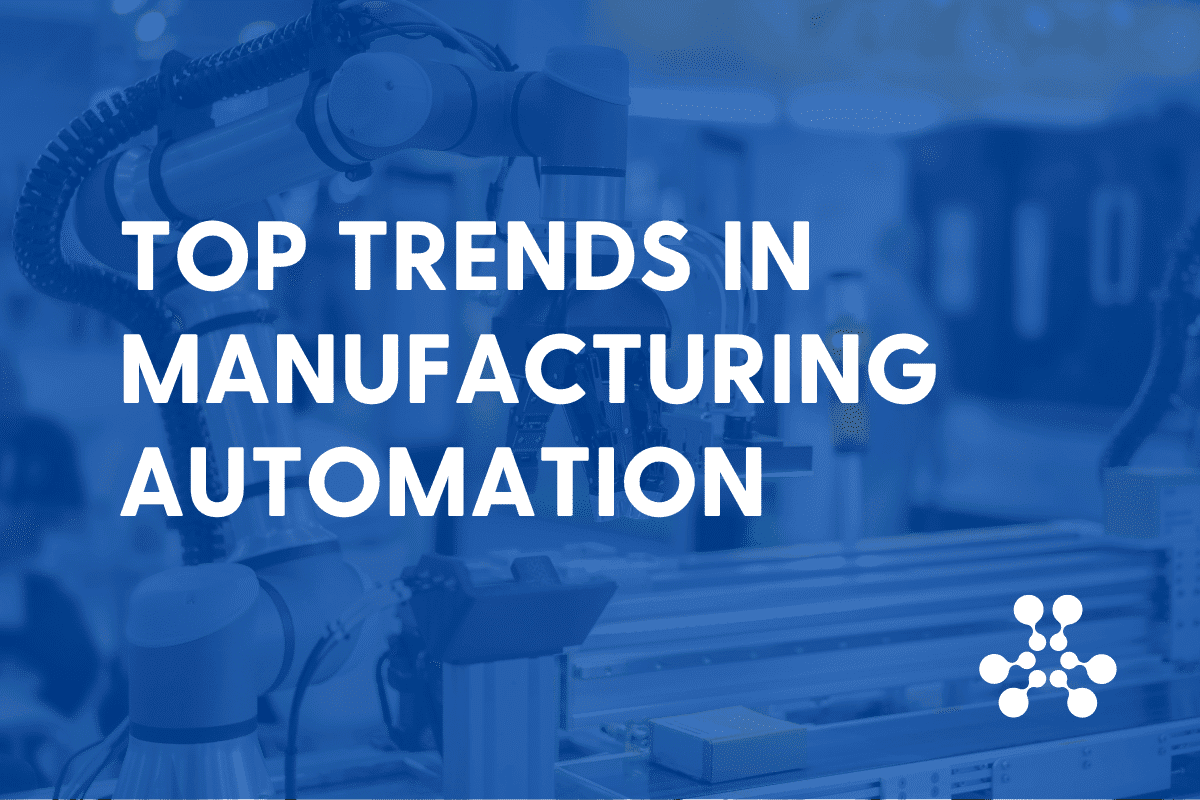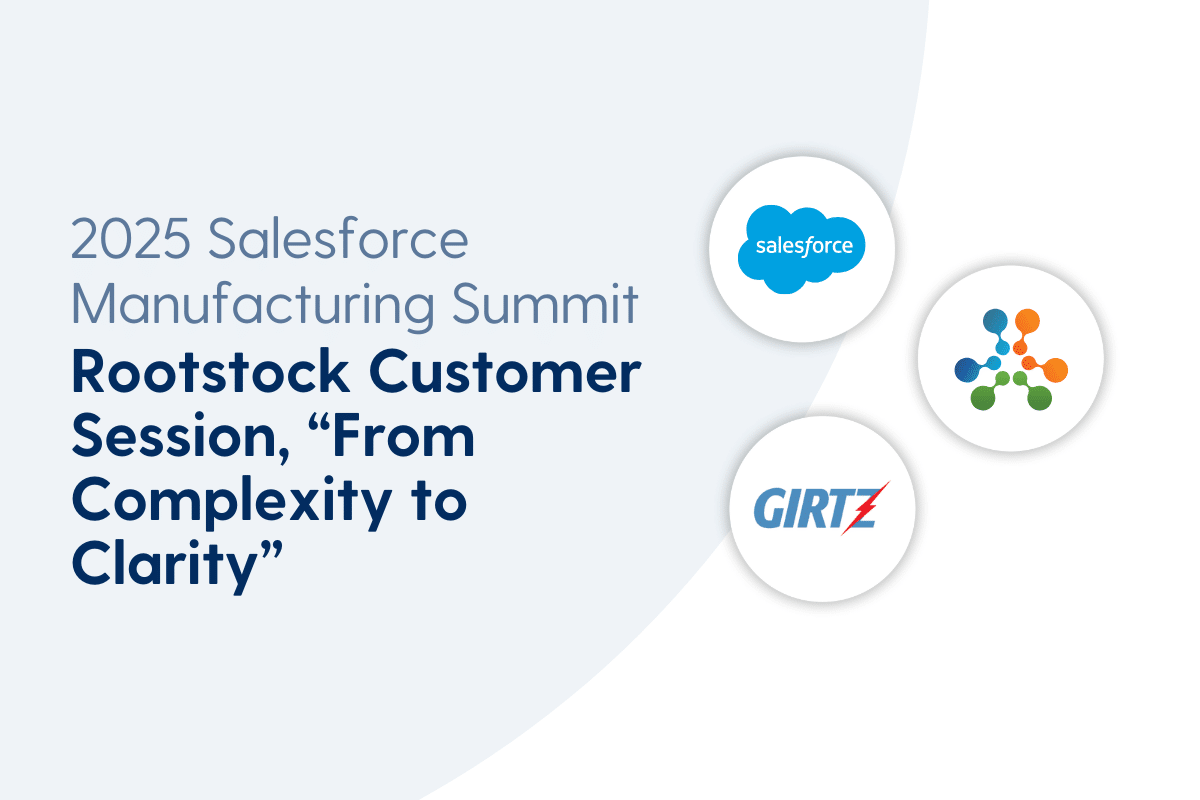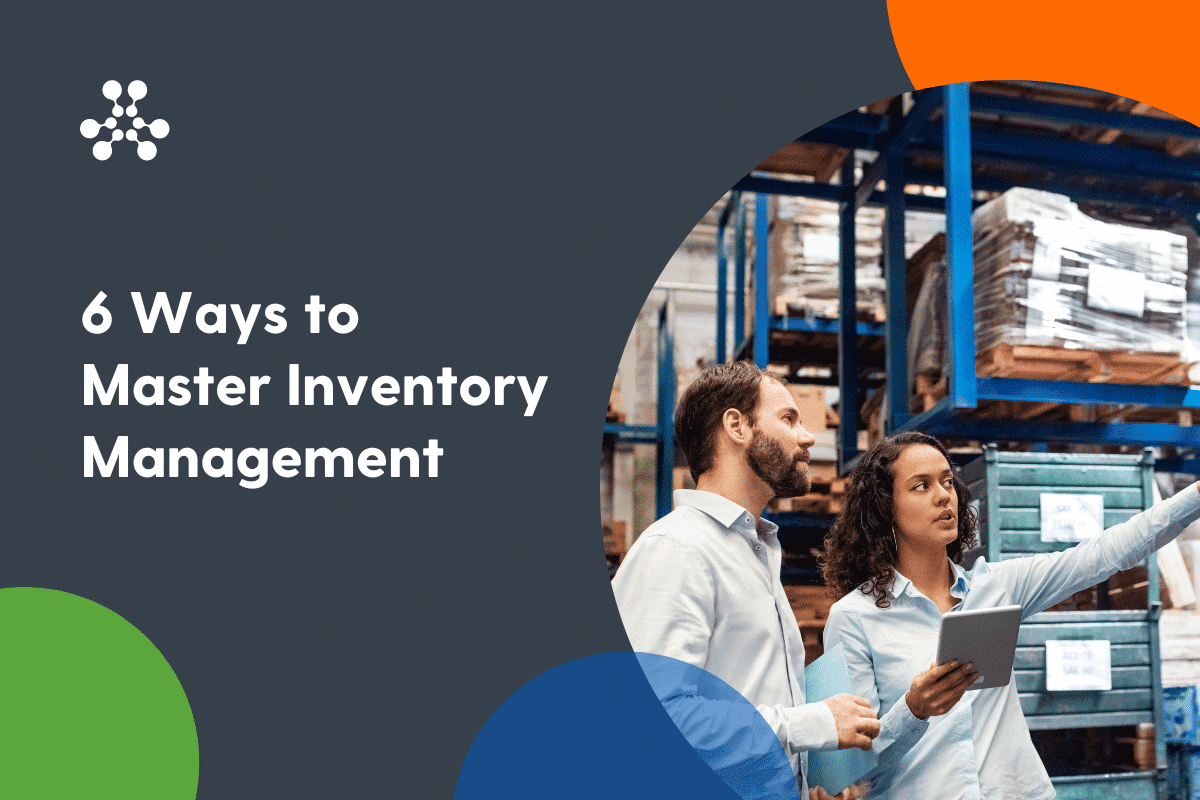Manufacturing CRM (customer relationship management) software allows industrial organizations to not only gain visibility into real-time customer, order, and sales data but also provides a base for connectivity to supply as orders come in. Frank Borovsky is a former manufacturing sector Vice President at Salesforce and here he shares the difference in benefits and features of a CRM built for manufacturing versus a one-size-fits-all CRM.
What is Manufacturing CRM Software?
Customer relationship management (CRM) software is any digital system or program that helps businesses manage and improve their interactions with their customers. The breadth of functionality in a manufacturing CRM can range widely, from a glorified online rolodex to a comprehensive digital suite in which all aspects of the customer relationship are truly managed as a business (including a complete P&L).
A Frank (and Practical) Guide to Manufacturing CRMs
My first CRM was a simple home-grown solution for commercial banking built in LotusNotes in the last millennium. Updated monthly, it suited its purpose by providing a single source of truth regarding customer and prospect contact information, demographics (sales, employees, industry, etc). as well as credit and debit balances and monthly transaction fees. Fast forward to today where the abundance of information on a single customer might be measured in terabytes. Now, every scrap of data associated with every action taken in the ecosystem can prove valuable to both internal and external users either strategically or in day-to-day activities, demanding updates in real-time.
By collecting, storing, and organizing customer data — including both human and the increasingly digital “bot” touch points— preferences and prior correspondences, as well as purchasing and other transaction history, CRM software provides a litany of benefits:
- Enables a personalized approach to sales by providing a greater understanding of each customer’s specific needs, objectives, and limitations
- Allows businesses to identify, predict and manage potential sales opportunities, generate more leads, and increase sales revenue
- Facilitates greater levels of customer intimacy, satisfaction and retention
- Enhances communication and coordination across departments and teams with real-time visibility of client data for all parties (including self-service for the customers themselves)
- Streamlines business processes, increases efficiency, and saves time and money by automating repetitive tasks
- Provides downstream applications, such as Enterprise Resource Planning (ERP) systems, with the data they need to pick up where CRM leaves off and operate more effectively with shared data
The Benefits of CRMs for Manufacturing Industry
Manufacturers stand to gain a plethora of benefits by adopting the right CRM platform:
Sales CRM Performance
By storing the details of all prior interactions with a customer into one consolidated database with appropriate access to everyone in the organization, sales teams can operate with maximum efficiency and close more deals. Repetitive tasks can be automated to free up time and resources and customers can be tracked based on their stage in the sales pipeline.
Customer Relationships
CRMs allow sales teams to nurture leads with the greatest possible efficiency by automatically scheduling follow up actions (often called cadences) with prospective and current customers. With all prior calls and correspondences systematically tracked and organized in a single repository, sales teams can ensure they respond to customers’ needs on a timely basis and don’t ask the same question twice.
Reporting
Most CRMs provide dashboards and reports that slice and dice the data with the click of a button, offering a greater depth of understanding of clients with actionable insights on sales performance and appropriate next steps for decision-makers.
One size does not fit all
I am often asked about the pros and cons of various types of CRM solutions. While CRMs provide extensive benefits to organizations across a vast array of industries, companies that build or distribute physical products stand to benefit most from a manufacturing CRM tailored specifically to the unique needs of their industry.
What Features Matter Most in CRMs for Manufacturers?
When selecting a CRM platform, manufacturing organizations should prioritize those solutions with the features most conducive to success in the manufacturing industry.
1) Ease of Use
The biggest and most frequent setback to a successful CRM implementation is employee adoption. CRMs that are intuitive, simple to navigate and easy-to-use allow employees to learn faster and embrace the technology more quickly, which allow companies to bear the fruits of their digital investments faster. While speed-to-productivity is important in any industry, it is especially so in manufacturing given the current labor shortage. With the high turnover rate in manufacturing, especially in the sales function, user-friendly CRMs can make up for skill gaps of incoming employees, as well as save time and resources during the onboarding process.
2) Configurability
No two manufacturing enterprises are exactly alike, so a CRM that can be tailored to the unique and dynamic needs of your business is a must-have to ensure the greatest level of productivity. Coming from an IT background, I can comfortably state that customization (one-of-a-kind code changes) should be frowned upon, since subsequent upgrades and support will be more difficult to manage. However, a highly configurable CRM allows manufacturers to adapt quickly to changes within the system without altering the code itself. Moreover, with the right CRM, these alterations can often be addressed simply by a business administrator rather than a coder.
3) Process-Specific Language
Not all CRMs are built for manufacturing enterprises. Your choice of CRM must not just accommodate, but embrace, the concepts of “bills of material (BOMs),” “SKUs (stock keeping units),” “product configurability,” and “inventory on hand,” in order to fulfill both internal and customer expectations. When combined with an ERP, the Sales organization can access data on inventory availability and can offer better delivery estimates with “available to promise” capabilities. Just as sales organizations manage their customers in stages from lead to closed deal, in the manufacturing world, products and order can be managed similarly, from inception to delivery and even to aftermarket. A system that presents data fluidly along these continuums and speaks the same language throughout is a boon to the entire value chain.
4) AI-Driven Processes
By automating repetitive tasks with workflows driven by machine learning or artificial intelligence, CRMs can reduce or eliminate human error as well as free up your employees to dedicate their time and resources to more essential tasks. This too is a blessing when and where qualified labor is scarce.
5) Scalability
Manufacturing is an industry with many moving pieces, and it is vital that your choice of manufacturing CRM can adjust and grow with the flow of your business to ensure long-term success.
Manufacturing CRMs Need Industry-Specific ERPs
While CRMs provide indispensable value for manufacturing enterprises, they are most effective when paired with a complementary ERP system that extends visiblity to the data across the entire organization. From there, data on your customers and sales processes can be utilized in conjunction with data on other operational or financial aspects of your organization to inform strategic improvements.
Similar to CRMs, ERPs can provide a breadth of functionality, but at the core, manufacturing ERPs, must at least provide: Order Management; Material Resource Planning (MRP) for factory production; and Financials (a chart of accounts with an accurate Balance Sheet, Income Statement with P&L, accounts receivables payables (AR/AP), and cashflow reporting).
When connected with a cloud ERP system offered on the same architectural platform, the data stored through the CRM becomes universally accessible without the need for integrations. This reduces the amount of time and effort to implement as well as total cost of ownership—a significant financial impact to the business.
Manufacturing is currently undergoing a digital revolution as manual, paper-based processes are being replaced with cloud-based digital solutions available from anywhere at any time. It is paramount that manufacturers adjust to the changing landscape of the industry before it is too late, and they put themselves at a competitive disadvantage (if they aren’t already).
Benefits of Cloud ERP and Manufacturing CRM Software
Pairing cloud CRM with compatible ERP software provides manufacturers with a variety of benefits and insights:
Organization-Wide Growth: Consolidate customer information on sales, past and open orders, backlog, available inventory, delivery logistics, service engagements, and customer support onto one cohesive platform—allowing for an end-to-end alignment of the full customer experience.
Visibility: Showcase inventory information in real-time so sales teams can set realistic delivery expectations. Have complete visibility on open orders, invoices, credits, shipments, and customer support cases—so you can provide superior service to your customers.
Profitability: Know the current credit standing of every customer and real time status of accounts receivable. Access recent order history, margins, and costs to project future revenue and profit growth.
Demand Forecasting: Aligning your CRM and ERP software allows for an agile capacity planning strategy that coordinates supply with demand (as represented by the sales pipeline), optimizing spend and inventory and allowing your sales and marketing teams to target more lucrative markets through comprehensive value chain visibility.
Rootstock Cloud ERP & Manufacturing CRM Software Accelerates Digital Transformation
Amidst the current digital revolution, CRMs are vital to the success of any manufacturing enterprise that doesn’t want to be left behind. CRMs achieve their greatest potential when paired with a complementary manufacturing ERP. Rootstock, a cloud ERP built for the manufacturing industry, brings out the best features of the Salesforce CRM platform and benefits all aspects of your business.
See the capabilities of Rootstock Cloud ERP for yourself here, or find out more through Rootstock’s free Manufacturing CRM resources.
Free Resources on Manufacturing CRMs
Want to learn more about Manufacturing CRM? Take a look at our free resources:
|
|
|






